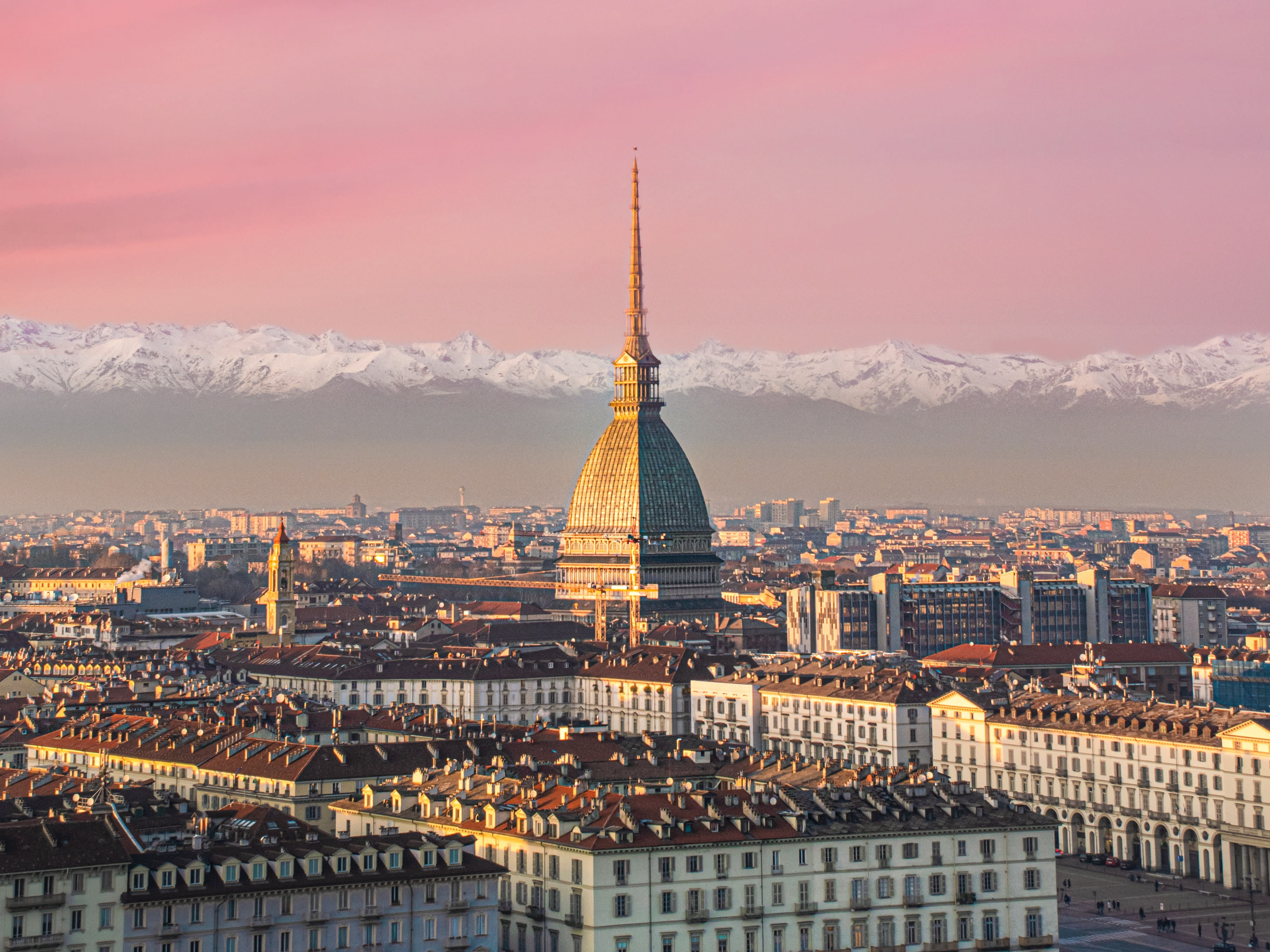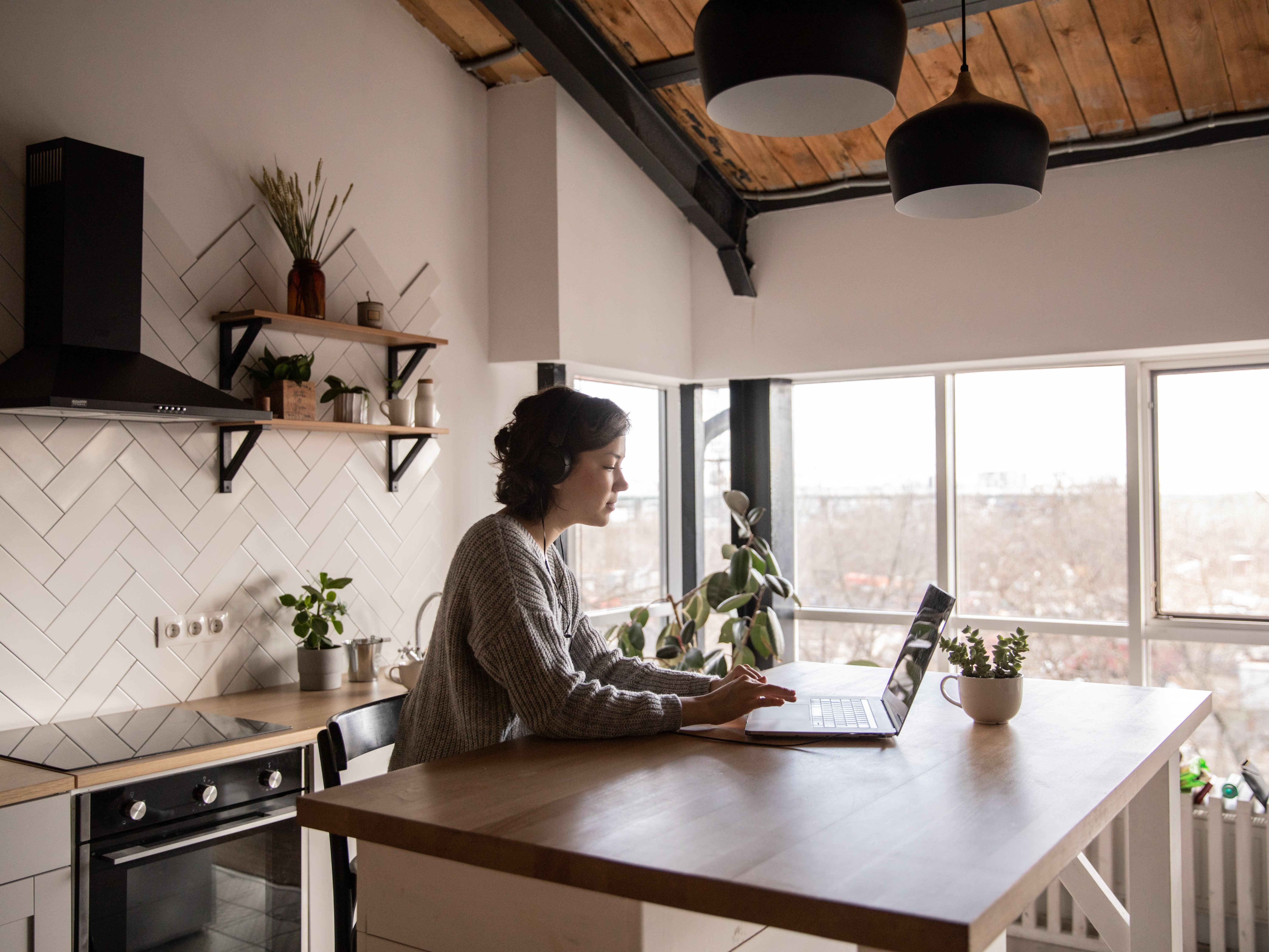The ultimate expat guide to utilities in Italy (2023-2024)
In Italy, utility bills are usually excluded from rent. The most common utility bills are G/W/E, TV, Wi-Fi, building fees, and waste tax.
Francesca
Understanding how utilities work in Italy will save you some precious time and money once you have found your new home in Italy.
In this guide, we'll guide you through inclusive and exclusive rental prices in Italy and you'll learn all about Italy’s most common utilities.
Before starting, let us give you a crash course on a few Italian words to help you navigate this topic with confidence. In Italian, utilities can be called utenze or more commonly bollette. A formal alternative is oneri accessori.
Let’s now see the difference between inclusive and exclusive rental agreements.

Rental price: inclusive vs. exclusive of utilities
The rental contract will clearly state whether your rent includes or excludes utilities. If some utilities are included, it’ll point out which ones need to be paid on top of the rent.
Typically, having your utilities included or excluded largely depends on the type of landlord you are renting from. But lately, due to the energy crisis and rising costs, most private landlords and rental agencies are beginning to charge you based on consumption. So, how high or low your utility bills are really depends on you and who you share your apartment with.
Here is the list of the utilities that you can expect in Italy:
- Electricity
- Gas
- Water
- Wi-Fi
- TV (Canone RAI, a sort of TV tax per household)
- Waste tax (TARI)
- Building fees (spese condominiali or service costs if you live in an apartment complex)
Inclusive
The biggest pro of an all-inclusive contract is that it's the easiest to manage. Since you pay rent and all bills to the landlord, you don't need to figure out which companies to use or how to pay the utility bills. There's also peace of mind as you'll be paying a definite amount every month.
However, all-inclusive is slowly becoming an exception. Your best bet for finding an all-inclusive rental contract is if you stay in short-stay accommodations.
The con of having a utilities-inclusive rental contract is that you've no visibility on the actual cost being paid. So you could be paying much more. If you used less than the estimation, the amount will be refunded to the landlord, benefitting them instead of you. To make matters worse, all-inclusive contracts usually include the maintenance of domestic appliances and the house, so expect bills to be on the high side.
Here’s something to watch out for. If your utilities consumption is beyond a reasonable amount, you'll be charged extra. So if your utilities are inclusive, it's a great idea to learn how to read the meters. This way, you can inform the owner if the estimated usage is way off and prevent any alarmingly high bills.
Exclusive
It’s very common to have utility bills excluded when renting mid-to-long term. The benefit of having utility bills excluded and registered under your name is that you can see the past usage of gas, water, and electricity and set the monthly amount you want to pay based on that. This way, you can prevent being shocked by a huge bill. And if you paid extra, you’ll get the money back instead of your landlord!
Sometimes, private landlords keep the bills registered in their name. In this case, they’ll come to check the meter once or twice per year to ensure the estimated usage is correct. This option is good if you don’t want to manage administrative tasks or if you don’t plan to register yourself at the address for very long. Just make sure to request a copy of the bill before paying the sum to your landlord or landlady.
The con of having utilities excluded from your rent is that you’ve to remember to pay the bills on time every month. This is especially tricky if you’ve got roommates that aren’t timely with their payments. If you fail to pay the bills for more than 2 months, the landlord has the right to evict you, even if you paid the regular rent on time. Another con is that the owner may not be willing to upgrade old equipment with bad energy ratings because the bill doesn’t impact them directly.

How to set up utilities in Italy
To sign up for or take over utility bills, you'll need a valid tax number, known as Codice Fiscale.
If the previous utility contracts are still active, you'll have to change the account holder’s name through a process called voltura. Transferring utility accounts from the previous tenants to yourself is easier than setting them up from scratch. It’s always a good idea to check the meters when you first enter the place, to keep track of your consumption.
If the meters are present and there’re no active contracts, you'll have to proceed with a subentro to start new contracts in your name.
Your landlord should be able to help you, in case you need to follow either of these procedures. In fact, to switch to a new contract, the provider company will need:
your details, the previous account holder’s details, the POD (Point Of Delivery) code for electricity, the POR (Point of Supply) code for gas.
These data can be found on previous bills.
For most new activations, you'll also need to take activation costs into account. Remember to check with the landlord if they want the accounts to be closed or transferred to the new tenants at the end of your tenancy.
Once your new accounts have been activated, you'll receive your utility bills via the post every month or two. You can pay them at any post office or via direct debit from your Italian bank account. The meter readings will take place once or twice a year and your bills will be adjusted after that to reflect the correct use.
What utility bills you should expect

Electricity
The average price of electricity is estimated to be around €57 per month based on an annual usage of 2700 kilowatt hours per year.
In old buildings, you may receive electricity through old wiring. In this case, you cannot use too many electrical devices at one go or the fuse will blow.
There’re currently over 40 electricity providers active in Italy, some who even supply green energy. Some are active throughout the whole country, such as ENI or EDISON; some serve specific geographical areas, such as Servizio Elettrico Roma in Rome. Besides that, some providers supply electricity and take care of other utilities, such as gas or even internet access (Luce e gas contracts or Luce, gas e internet contracts). These bundles have a good value for money in most cases. It’s best to shop around for a package that suits your needs and budget.
Gas
Although the average national gas bill is considered to be €119 – €140 per month, you'll have to consider the area you’re moving to for better estimation. This is because Italy has different climates and gas providers have divided the country into 6 payment zones. For example, if you’re moving to Palermo, you are going to consume and spend less than one-third on gas than your friend moving to Milan.
The monthly spend also depends on other factors, such as the efficiency of the heating system and the isolation of the house. If your unit is located in an apartment complex, it’s common that the heating is centralized and the bill is then split evenly between the households.
The consumption of gas in Italian households is mainly linked to heating and cooking. Your bill may be lower if you have an induction hub.

Water
The average Italian household spends around €37 per month on their water bill. However, the cost will vary greatly depending on the geographical location.
Families in Florence can spend up to €59 per month, whereas families in Milan may pay as little as €13 per month. This is because each local water companies regulate the price according to the size of the reserves and rainfall received in that area.
Good to know: You may receive 2 water bills if you have something that requires a lot of water, such as a swimming pool, or if you cross your annual water supply limit.
Wi-Fi
The most important utility, isn’t it?
Italians spend on average €30 per month for their internet connection. But the costs may be higher or lower, depending on your package. For instance, there’re several perks or discounts when buying a SIM, internet connection and telephone service from the same company.
Back in the day, there was 1 provider, Telecom Italia (nowadays TIM). However, now there’re several other options such as Fastweb, Wind, Tiscali, Vodafone, all offering decent internet connection.
All providers rely on the existing telephone line infrastructure built by Telecom Italia. However, you don’t need to have a working telephone line or even an account with Telecom Italia to establish an internet service with another company. The provider you choose will coordinate with Telecom Italia to activate the internet service.
TV
The most surprising utility for foreigners in Italy is the TV tax called Canone RAI. If there’s a TV set in your house, even if you never use it or even if it belongs to the landlord, you’ll have to pay €90 per year.
The payment of this tax is usually included in the electricity bill. If you’re not the account holder for the electricity bill, you'll have to pay it through the F24 model Canone RAI. Failure to pay will result in paying interest and expenses for the collection agency, which can be between €103.29 and €516.45.

Waste tax (TARI)
TARI is __a waste or garbage collection and processing tax that may or may not be included in your rent. If you live in an apartment complex, this tax is likely included in the building fees.
The cost of TARI depends on the number of residents registered at your address and the surface area of the entire accommodation, including storage, garage or balcony space.
The average Italian household living in a building spends around €14 per month on TARI. Not recycling correctly can result in fines.
Building fees
If you live in an apartment complex (condominio) you'll have to share some common expenses with the other building residents, such as the cost of heating and electricity in common areas, maintenance of the building, and waste tax. These are called spese condominiali in Italian.
The average cost of building fees in Italy is €50 per month. The bill is typically settled annually and you’ll find out if you need to pay more or if you earn something back in the following year.
Now that you know everything about utilities, you can settle into your house without any hiccups!
Please reach out to content@housinganywhere.com if you have any suggestions or inquiries about the content on this page.
Related articles
In this article
Find your home in Italy
Discover all accommodation in Italy at your fingertips. Search smart and book fast!
Search Now

